The secretary general of the ruling CNDD-FDD says politicians will have the opportunity to call on their members to vote ‘yes’ or ‘no’ after the campaign to explain the content of the draft revision of the constitution to be put to the referendum. Burundi political opponents have been complaining that they are not allowed to sensitize their members to the constitutional referendum.
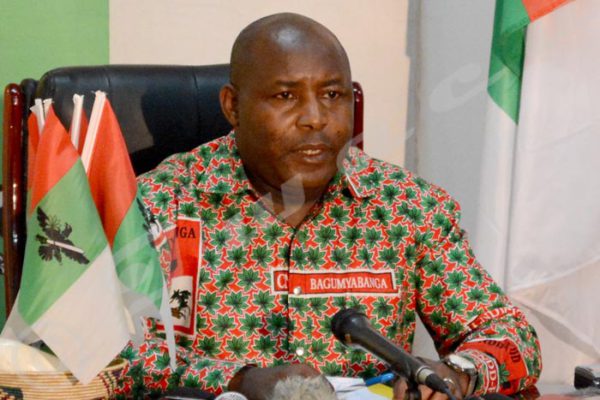
Evariste Ndayishimiye, Secretary General of the ruling CNDD-FDD “political leaders will have an opportunity to sensitize their member to the vote for or against that amendment to the constitution after the explanation of its content”
On December 12, Burundian President Pierre Nkurunziza officially launched the referendum campaign on a constitutional reform.
“I call on all Burundians to carefully follow this campaign and give their opinions. It would prove a sense of irresponsibility on the part of them if they don’t suggest articles to be changed if they can cause trouble for them, “says Evariste Ndayishimiye, Secretary-general of the ruling CNDD-FDD.
For him, this campaign is an opportunity for Burundians to know the amendments made to the constitution and give their suggestions.
He also says political leaders will have an opportunity to sensitize their member to the vote for or against that amendment to the constitution after the explanation of its content. ” we will know whether we are to vote ‘yes’ or ‘no’ to the new constitution after the campaign to explain its content to the population,” says Ndayishimiye.
According to the spokesman for the National Independent Electoral Commission (CENI) politicians will have the opportunity to sensitize their members to the vote for or against it 14 days before the referendum takes place.
Léonce Ngendakumana, a leader of opposition political party Sahwanya Frodebu, accuses the government and the ruling party of violating democratic principles.
He says they are violating the Burundian electoral code. “Since President Nkurunziza launched the campaign to explain the plan to revise the constitution, the ruling party has been holding meetings in various parts of the country to ask people to vote ‘yes’ to the referendum,” says Ngendakumana. For him, CNDD-FDD, like other political parties, should wait for the fixed time to sensitize their members to the vote for or against the referendum. “They are cheating,” says Ngendakumana.
The current constitution was passed in 2005. It resulted from the Arusha Peace and Reconciliation Agreement signed in 2000 to end a civil war that erupted in 1993 after the assassination of Melchior Ndandaye, the first democratically elected president.

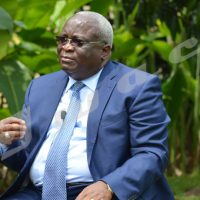
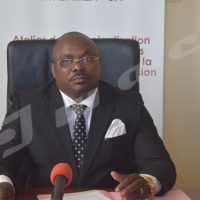

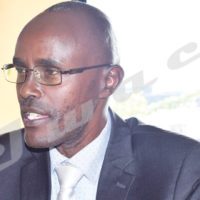
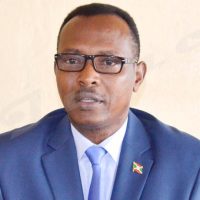













 IWACU Open Data
IWACU Open Data

